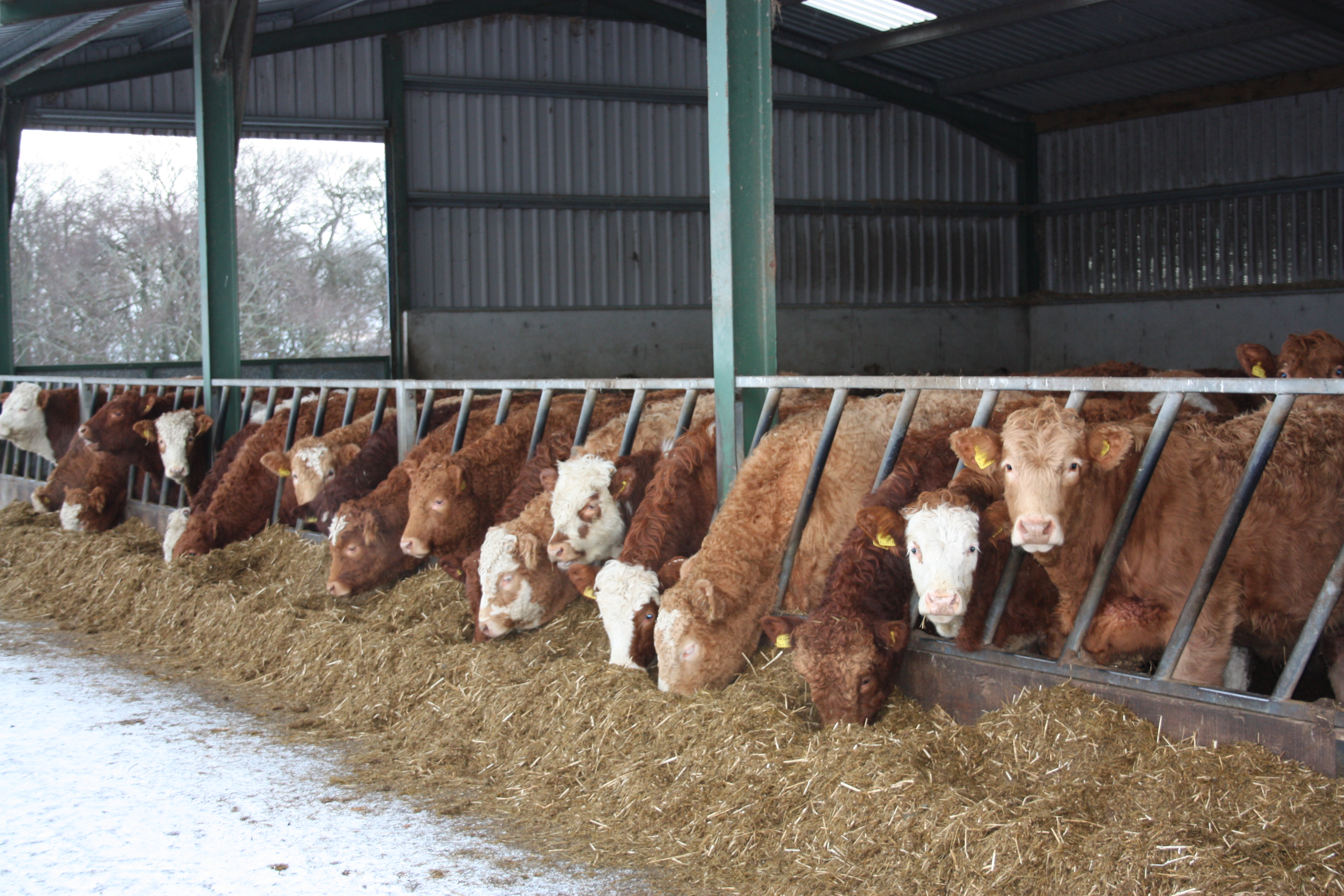May 13 2018
STFA WELCOMES NEW CODE AND GUIDANCE ON LATE PAYMENT OF RENT
Scottish Tenant Farmers Association
News Release
18th April 2018
STFA WELCOMES NEW CODE AND GUIDANCE ON LATE PAYMENT OF RENT
The Scottish Tenant Farmers Association has welcomed the publication this week of the Tenant Farming Commissioner’s latest Code of Practice on the Late Payment of Rent and Guide on the use of Alternative Dispute Resolution.
The Code details the importance for tenant farmers of paying rent on time and sets out the risk of losing the tenancy if reminders to pay are ignored. For landlords, it seeks to ensure that landlords behave in a reasonable manner by discussing the late payment with the tenant giving him every opportunity to rectify the situation.
The Guide to Alternative Dispute Resolution outlines the various different ways of trying to resolve disputes without going to court and provides valuable guidance on the suitability of using different methods of ADR in differing circumstances.
Commenting on the new Code and Guidance, STFA Chairman Christopher Nicholson said: “The new Code of Practice on Late Payment of Rent follows real life situations where tenant farmers have lost their tenancies through late payment of rent, in some cases by days. The vast majority of tenant farmers realise the importance of timely payment of rent and there is invariably a reason why mistakes have been made and the rent has been unpaid. For example, it is not unusual for an elderly and confused tenant or one disturbed by mental illness to become forgetful and lax in keeping up with bookwork and settling bills. In this situation it may well be the next generation who pay the penalty of losing their family tenancy.
“That is why it is so important for landlords and their agents, who should know their tenants in any case, to find out why rent payments are late and explain that the danger of losing the tenancy if the rent remains unpaid. If the tenant is possibly confused or mentally instable, the situation should be also be discussed with family before serving final notices to quit. Non-payment of rent is one of the few occasions where a landlord can bring a secure agricultural tenancy to an end, but that should be no reason for regarding it as an opportunity to be seized rather than a sign of something being wrong with the tenant.
“The Code also recommends that the landlord should always invoice the tenant for the rent due rather than following what has become the common practice of not issuing invoices at all which can lead to confusion and term dates being inadvertently missed.
“STFA sees the Guidance on ADR as an important step away from reliance on the Land Court for resolving disputes. The various forms of ADR have valuable roles to play according to the different circumstances. Arbitration and Expert Determination could be particularly important determining rent under the new test, particularly as the Land Court plainly isn’t working for rental disputes – only 3 cases since 2003. In fact, where rental disputes are concerned it is mainly used as a tool of intimidation rather than an forum for settling disagreements.
“However, as the Land Court will remain the court of last resort is becoming increasingly important that it adjusts its procedures to deal with simple rental disputes more cost-effectively and timeously. The TFC is dedicated to improving landlord/tenant relationships and reducing disputes and conflict, but on the occasions where that is not successful the Land Court must be fit for purpose.
